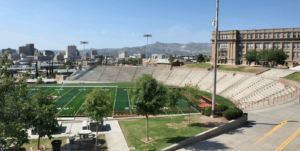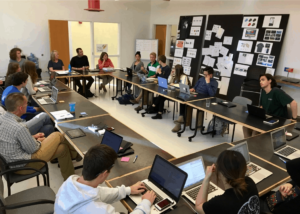Good Work: The Politics of Superintending
 Last week I spoke with two people thinking about applying about applying to become a public school superintendent. I told them both (here or end) that it is the best and worst job possible simultaneously.
Last week I spoke with two people thinking about applying about applying to become a public school superintendent. I told them both (here or end) that it is the best and worst job possible simultaneously.
One conversation was a detailed investigation about systems architecture and change theory—the what and the how of creating a high performing system. The other conversation was about leadership styles and the personal cost of leadership for a system head and his/her family.
Personalities and strategies are part of a superintendent search, but hiring a superintendent is most often a political decision. And what I came to understand is that the job is inherently about winning hearts, minds, and ultimately votes—it is all about politics.
Early in my role as superintendent, one of my assistants quit. I was impatient for answers and a quick solution but fortunately I received some good political advice and spent two months listening to staff and community members. We gathered 200 people together for a two-day session to develop a shared reality, to compare options, and to build a plan. It was a good transition because we were patient and used the time to teach and learn and build trust—a political win.
A few years later, a facilities planning process went off the rails. I found myself owning an impossibly difficult situation where teachers demanded one solution and the school board and our ability to raise money seemed to dictate another. It was on my shoulders because I had stepped in at the end of the planning process assuming that I could improve the solution. Because this was really more of a political issue than a facilities issue, my ownership of the proposed solution only drove the wedge deeper and polarized the issue. Like before, by gathering representatives of the concerned groups, sharing views of reality, developing options, we were able to find a solution.
It is so easy to fall into the old model where experts identified and solved problems. Instead, it is far more productive to build an environment where everybody is involved in improving the whole system. Rather than solving problems, rapid change requires leaders that create honest dialog and involve people in building solutions.
Effective superintendents understand that every decision is political—board votes, community votes, and even administrative actions. A change agenda requires withdrawals from a bank account of political capital. Superintendents create political capital by being visible and open, by building trust by doing what they said they would do, and by involving others in decision making.








0 Comments
Leave a Comment
Your email address will not be published. All fields are required.